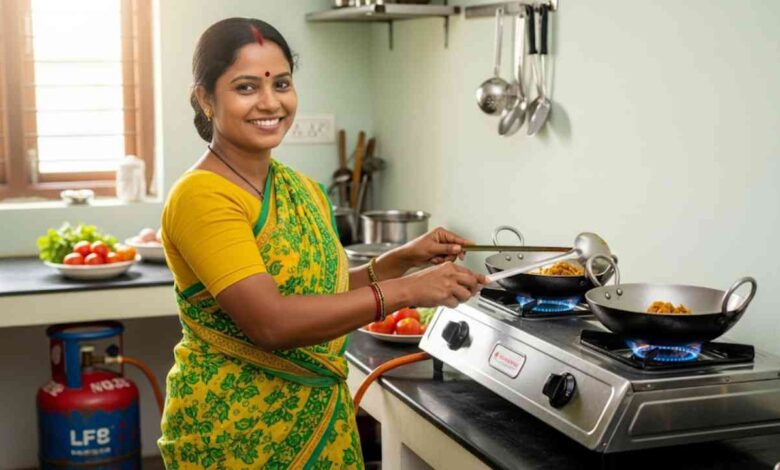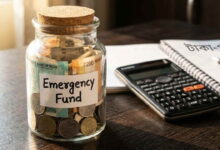LPG Subsidy: Big Relief! Government Approves Rs 300 Subsidy on Cooking Gas

LPG Subsidy: The Central Government has announced a major relief for the beneficiaries of the Pradhan Mantri Ujjwala Yojana (PMUY). The decision to continue providing a Rs 300 subsidy on cooking gas (LPG) cylinders to families under this scheme until the financial year 2025-26 has been maintained. This step will shield crores of low-income families from the rising cost of cooking gas and help improve their standard of living.
According to the decision taken in the Union Cabinet meeting, about 10.33 crore Ujjwala scheme beneficiaries across the country will continue to receive this benefit. This subsidy will be directly deposited into the beneficiaries’ bank accounts, ensuring transparency and reducing the possibility of corruption.
Key Features of the Scheme and the New Decision
The Pradhan Mantri Ujjwala Yojana was launched in May 2016. Its main objective was to free women from the smoke of wood and other conventional fuels and to encourage the use of clean cooking fuel. Under this scheme, the government provides free LPG connections to families below the poverty line.
Here are some important aspects of the recent decision:
- Subsidy Amount: A subsidy of Rs 300 will be available on each 14.2 kg LPG cylinder.
- Subsidy Period: This benefit will continue until the financial year 2025-26.
- Annual Quota: This subsidy will be applicable for 9 cylinder refills per year. Previously, this number was 12 per year.
- Total Expenditure: The estimated cost to the government for continuing this subsidy scheme will be approximately Rs 12,000 crore.
Impact of the Ujjwala Yojana
This scheme has not only helped in protecting the environment but has also played a significant role in the health and empowerment of women. The smoke generated from using fuels like wood or coal can cause respiratory distress, asthma, and other serious diseases. The use of LPG has greatly reduced this risk.
The decision on the subsidy will help reduce the financial pressure on the general public, especially as fuel prices are constantly increasing in the global market. This will ensure that low-income families can continue to use clean fuel and are not forced to revert to their old, unhealthy habits. This continuous effort by the government will be instrumental in making the lives of the economically weaker sections of the country easier and more secure.

